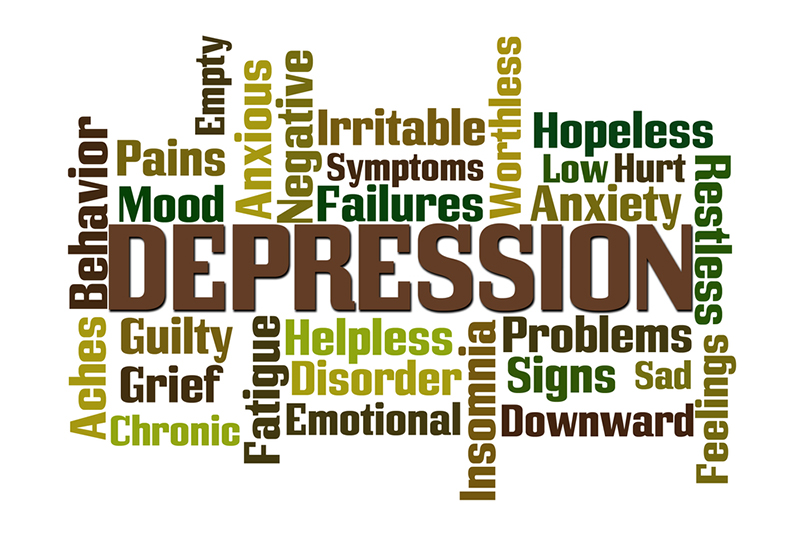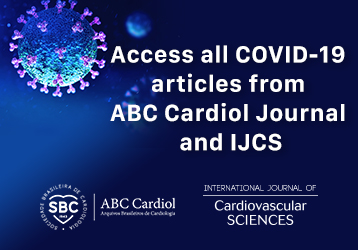Volume 32, Nº 6, November and December 2019
DOI: http://www.dx.doi.org/10.5935/2359-4802.20190026
ORIGINAL ARTICLE
Moderate-Intensity Walking Training Improves Depressive Symptoms and Pain in Older Adults with Good Quality of Life: A Controlled Randomized Trial
Silvio Lopes Alabarse
Hélio José Coelho Júnior
Ricardo Yukio Asano
Braulio Luna Filho
Wagner Correa Santos
Japy Angelini Oliveira Filho
Dr. Silvio Lopes Alabarse

Abstract
Background: Walking training can be an adequate choice to improve physical and psychological conditions in the elderly. Studies have reported positive changes in the quality of life, depressive symptoms and pain. However, baseline characteristics of volunteers have been controlled, and some of previous studies have not investigated these parameters concomitantly.
Objectives: To assess the effects of moderate-intensity walking on quality of life, depressive symptoms and physical pain in physically active elderly individuals.
Methods: Sixty-nine subjects were recruited and allocated into two groups: training group (n = 40) and control group (n = 29). All were evaluated for quality of life, depressive symptoms and pain. Training group underwent 40 minutes of walking (50-70% of maximum heart rate), 3 days a week for 12 weeks. For statistical analysis, we used the Kolmogorov-Smirnov test, Student’s t-test and Split-Plot ANOVA with Bonferroni post hoc, Pearson correlation. Significance level was set at 5%.
Results: After 12 weeks of training, depressive symptoms and physical pain significantly reduced in the training group (2.7 ± 2.4 to 1.9 ± 1.8 and 4.3 ± 3.1 to 2.8 ± 2.9, respectively) compared with baseline values, and remained unchanged in the control group. There was a positive, moderate correlation between depressive symptoms and pain (r = 0.30).
Conclusion: physically active elderly individuals with good quality of life show improved depressive symptoms after a short-term moderate-intensity walking training program. (Int J Cardiovasc Sci. 2019;32(6):553-562)
Keywords: Walking; Walking Speed; Quality of Life; Aged; Pain; Depression.











